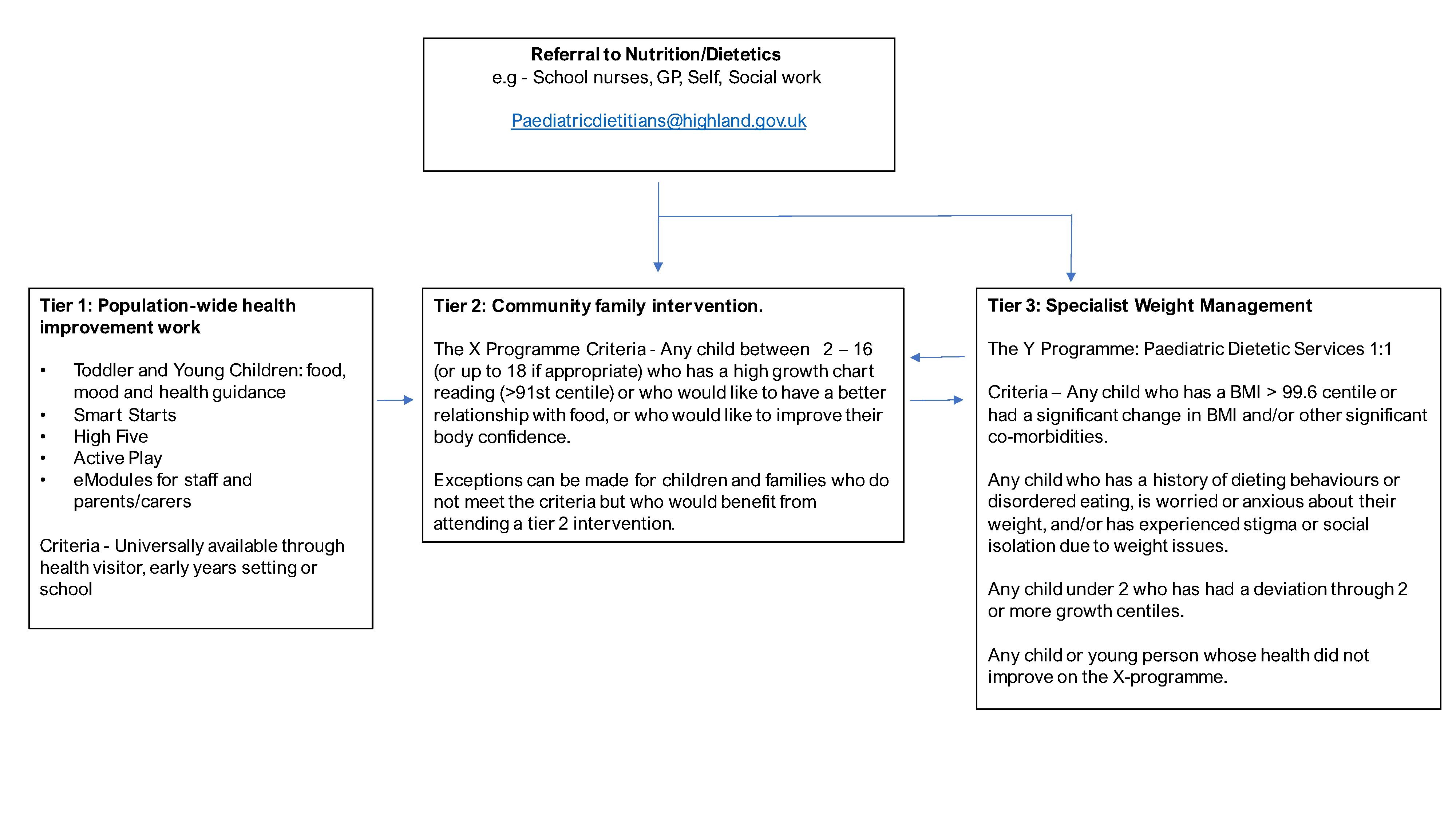Right Decision Service newsletter: June 2024
Welcome to the Right Decision Service (RDS) newsletter for June 2024.
1. Issues with RDS
Hopefully you all received the notification on Friday 28th June about the worldwide security vulnerability relating to use of code from the Polyfill.io code library – typically used to enable use of functionality in older browsers and operating systems. This vulnerability has now been addressed within RDS. Thanks to Tactuum for their prompt action on this.
This incident served as a useful reminder about the importance of making sure all devices and desktop/laptop computers have up to date anti-malware installed.
2.Redesign and improvements to RDS
The most recent information is that final fixes and developments will take place during July, with a view to user testing taking place in August 2024.
3.Evaluation
3.1 Usage statistics
We will be running the six-monthly usage statistics reports for all RDS toolkits during July. Please contact his.decisionsupport@nhs.scot if you would like to receive the usage report for your toolkit(s).
3.2 Palliative care
The Scottish Palliative Care Group is carrying out a value and impact survey of the national Palliative Care Guidelines toolkit on RDS. We would appreciate your help in circulating this survey, available at https://rightdecisions.scot.nhs.uk/scottish-palliative-care-guidelines/evaluation-survey/ /
3.3 Standard evaluation survey form
The Palliative Care Guidelines toolkit is using an adapted version of a generic impact evaluation form which the RDS team now encourages all toolkit owners to apply 6-12 months after launch of their toolkit. Please contact ann.wales3@nhs.scot if you would like to find out more.
4. Training and communications
The RDS Learning working group is in the final stages of developing and uploading new learning resources including:
- Clinical and Care governance of RDS toolkits
- The RDS toolkit development journey – from scoping to implementation and evaluation.
- New 5-minute videos demonstrating key editorial functionality
We have also drafted a communication and training plan to support implementation of the redesigned RDS. The plan aims to reach both end-users and editors, who will benefit from new features such as the archiving and version control functionality.
4.1 Training sessions for new editors (also serve as refresher sessions for existing editors) will take place on the following dates:
- Thursday 1 August 11 am – 12 pm
- Wednesday 7 August 4-5 pm
To book a place, please contact Olivia.graham@nhs.scot, providing your name, organisation, job role, and level of experience with RDS editing (none, a little, moderate, extensive.)
4.2 Google analytics training
Remember that you can also organise 1-1 training sessions with Olivia on running Google Analytics reports if you want to look at data more frequently than the six-monthly reports.
5. New toolkits
The following RDS toolkits are now live:
- SARCS (Sexual Assault Response Coordination Service)
- Child protection procedures (North Lanarkshire)
- NHS Lothian neonatal guidelines
The following toolkits are due to go live imminently:
- NHS Grampian critical care
- Care Inspectorate Safe Staffing guidance.
6. Toolkits in development
Some of the toolkits the RDS team is currently working on:
- SIGN/NICE/BTS Asthma guideline – combination of old and new guidance.
- New SIGN guideline around prevention and remission of type 2 diabetes
- Updating of HIS national tissue viability guidance in collaboration with the and transfer to RDS as an extension to the Skin and wound care toolkit
Please contact his.decisionsupport@nhs.scot if you would like to learn more about a toolkit. The RDS team will put you in touch with the relevant toolkit lead.
7. Implementation projects
HIS is working with the Scottish Library and Information Council and the ALLIANCE to implement the second phase of the Collective Force for Health and Wellbeing Action Plan. This plan aims to strengthen the role of public, health and school libraries in empowering people to use digital tools and health information for self-management and choices about health and wellbeing. A key element of this new phase is supporting public libraries to promote the RDS citizen-facing apps for health and wellbeing.
We held a webinar on 28th June about the implementation challenge for health and wellbeing apps for citizens. This included an overview of the evidence base around implementation, the critical importance of health literacy skills, and the early findings from tests of change of implementing the Being a partner in my care app. Please contact his.decisionsupport@nhs.scot if you would like a copy of the slides or access to the recording of this webinar (NHS staff only.)
If you have any questions about the content of this newsletter, please contact his.decisionsupport@nhs.scot If you would prefer not to receive future newsletters, please email Olivia.graham@nhs.scot and ask to be removed from the circulation list.
With kind regards
Right Decision Service team
Healthcare Improvement Scotland


